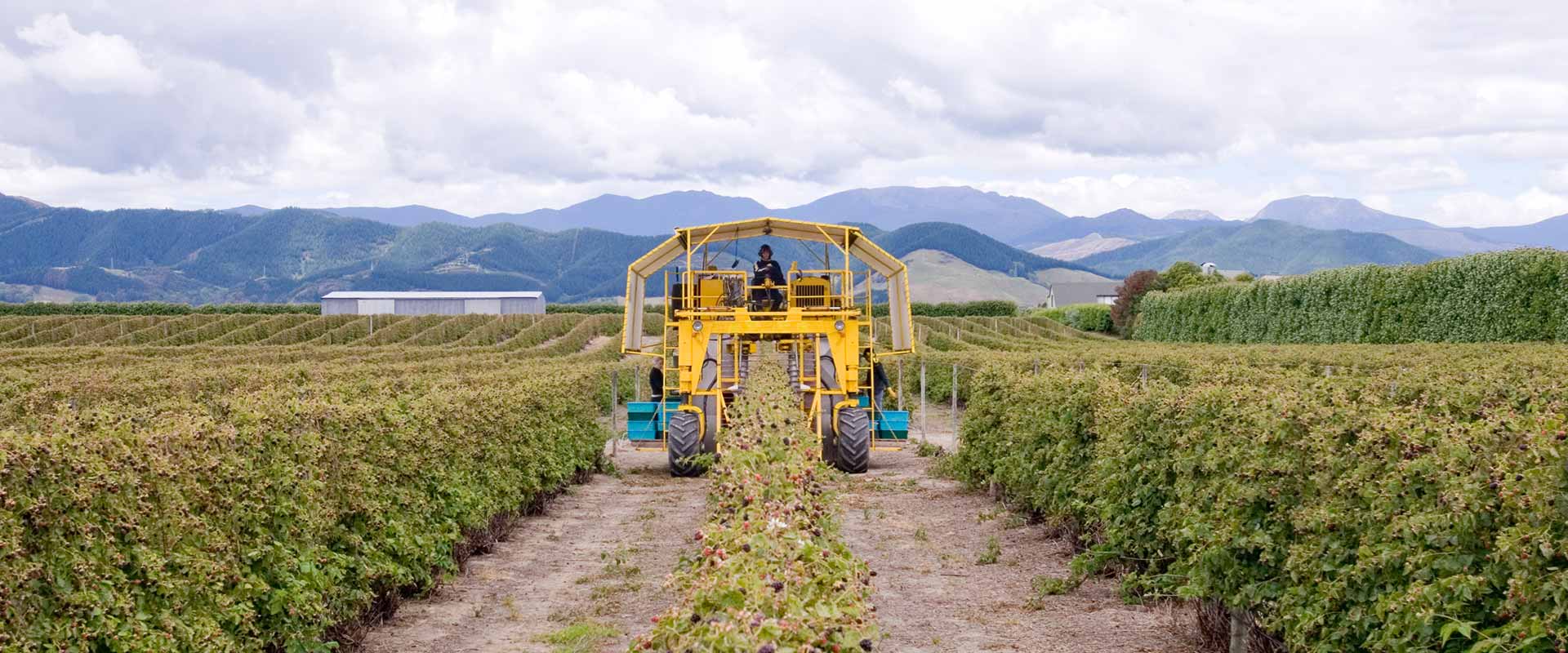Beyond the Unicorn Eater: Social Approaches to Healthy Eating and Food Security in Aotearoa New Zealand
April 2024
There are disparities in Aotearoa/New Zealand’s food production and distribution systems that result in food poverty in some cases, and food waste in others. Food insecurity and related issues of nutritionally deficient diets negatively impact on the health and wellbeing of individuals, whānau and wider communities. To sustainably reduce food insecurity, a complex array of interconnected economic, socio-cultural, political and environmental issues must be addressed in a coordinated manner. A more nuanced understanding is required of how culturally informed knowledge systems and conceptual frameworks of “good food” and “healthy eating” influence the dietary choices of individuals, whānau and their communities and the way in which they access, store, cook and consume food.
Increasingly, a plethora of school- and community-based food provision initiatives have arisen that aim to foster optimal health, wellbeing and educational outcomes for students, whānau and wider communities, and to fill the food poverty gaps being experienced around the country. Many of these “healthy eating” programmes are devised and then assessed according to ingredient biochemistry and nutritional content. However, despite the abundance of food grown and produced in Aotearoa New Zealand and the promulgation of such “healthy eating” initiatives, many people still experience food poverty and consume suboptimal levels of critical food groups such as fruit and vegetables.
A Summary Report Prepared for the Agri-food Systems Working Group in the Our Land and Water Toitū te Whenua Toiora te Wai National Science Challenge, for the ‘Aotearoa Food Cultures’ Programme
Source: School- and Community-Based Approaches to Healthy Eating and Food Security in Aotearoa New Zealand. Derrylea Hardy, Nitha Palakshappa and Sita Venkateswar. https://ourlandandwater.nz/outputs/school-and-community-based-approaches-to-healthy-eating-and-food-security-in-aotearoa-new-zealand
 View Our Strategy Document 2019 – 2024
View Our Strategy Document 2019 – 2024



